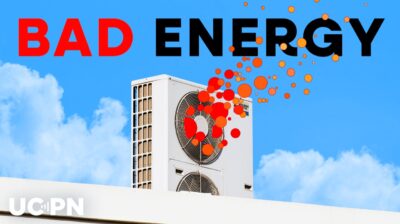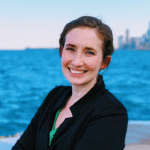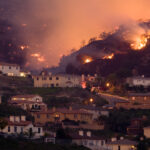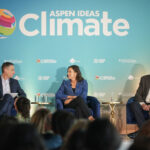Adam Kamel is a second-year undergraduate student at the University of Chicago studying Business Economics on the Pre-Medical track. On campus, Adam serves as Vice-Chair of the Emerging Technologies Committee within the Chicago Forum for Free Expression, where he creates events and hosts discussions on the intersection of technology and free speech; during his first year, Adam organized a panel featuring a Stanford Law professor and Harris School of Public Policy director on the proposed TikTok ban and its implications for national security and the First Amendment. Adam is also the Creative Director of The Ransom Notes A Cappella group and Secretary of the Vietnamese Students Association. Professionally, Adam interned with the Village of Schaumburg’s public policy division, where he collaborated with senior administrators on municipal budgeting, sustainability initiatives, and environmental communications reaching over 40,000 residents. Adam currently volunteers at Rush University Medical Center, supporting clinical staff and hospital operations while broadening his understanding of healthcare. Through this fellowship in New Delhi and coursework at Ahmedabad University, Adam is excited to explore how climate change and sustainability influences healthcare and emerging technologies.
“My time as a fellow provided me with the opportunity to connect climate science with public health in a way that was both immediate and practical, given my location in India, where the effects of climate change are very evident. In Ahmedabad and New Delhi, I engaged with faculty, local organizations, and policy experts to enhance my understanding of how heat, pollution, and infrastructure affect health outcomes. Visiting field sites and speaking with workers and residents made the climate issues I learned about in the classroom more tangible, highlighting the reality that people in India face. I’ve heard a lot about climate change, but I had never seen its impacts in real life. This fellowship allowed me to witness them firsthand and become more passionate about climate change and sustainable efforts. Now, I’m leaving with a greater insight into how environmental and healthcare systems interact, and how I can apply that awareness to my future work in medicine!”

























